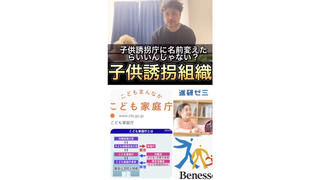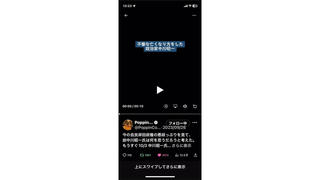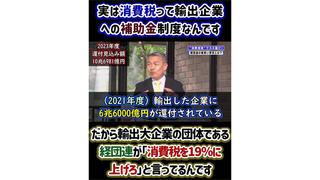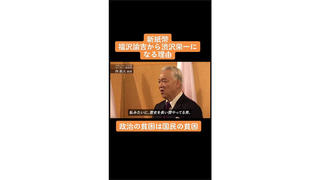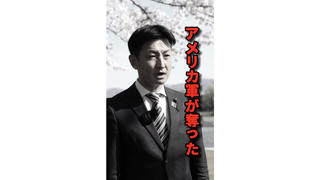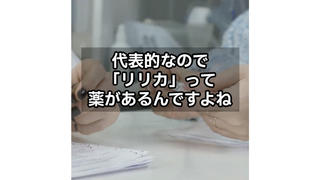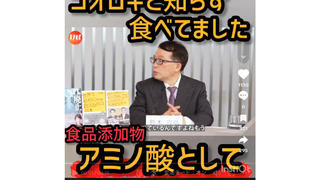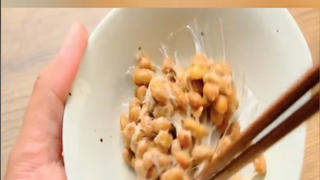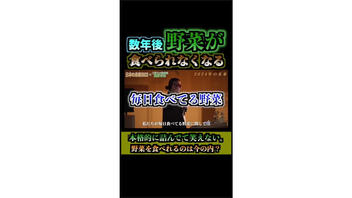
Will the Japanese no longer eat vegetables if three multinational seed producers stop selling F1 (Filial 1 hybrid) vegetable seeds to Japan? No, that's not true: Japan is not solely dependent on the top three seed companies, Bayer, Syngenta, and DowDuPont to meet its domestic vegetable production needs.
The claim appeared on a TikTok video (archived here) on August 4, 2023 with a caption reading:
Vegetables will no longer be available in a few years.
In a claim translated from Japanese into English by Lead Stories staff, the author says:
There are three companies that control the F1 seeds; Bayer, Syngenta, and DowDuPont. More than 72% share, even more, if subsidiaries are included. If these three companies don't sell seeds, Japanese can't eat vegetables.
This is what the post looked like on TikTok at the time of writing:
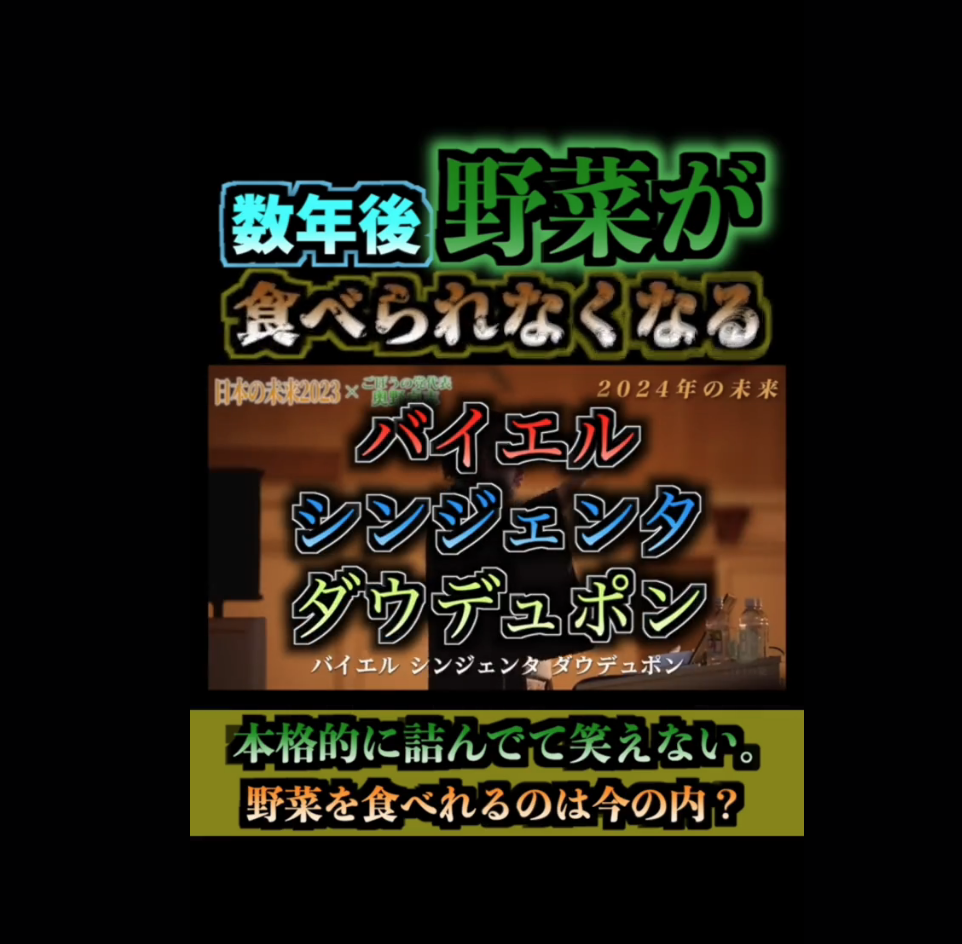
(Source: TikTok screenshot taken on Wed Aug 9 12:30:43 2023 UTC)
According to the SmartAgri website, Filial 1 hybrid (F1 seeds) are made by crossing plants with different traits to produce seeds that are then collected, distributed, and planted every year, allowing easier germination and growth, resistance to disease, and greater variety.
The author who claims that multinational corporations Bayer, Syngenta, and DowDuPont control the supply of F1 seeds used to grow vegetable crops in Japan is Takushi Okuno, representing the Burdock Party with a trademark based on burdock roots and a slogan claiming "vegetables can beat bad guys"
Japanese agricultural seed company Sakata is listed as a top world producer of vegetable seeds, along with Takii among other companies, shown here and here.
A 2021 article by business news publication Diamond Online, supports Mr. Okuno's claim that Japan's self-sufficiency rate for producing F1 seeds meets about 10% of its vegetable farming needs, with the rest of its seed supply coming from abroad. Explaining why so much of its seed supply comes from abroad, the Ministry of Agriculture, Forestry and Fisheries, says many seeds are bred by Japanese companies overseas and brought back to Japan for annual planting. As translated from Japanese into English by Lead Stories staff, the MAFF claims:
Many vegetable seeds sold in Japan are seeds developed by Japanese seed companies.Because there are few places with good conditions for seed production, Japanese seed companies take parent seeds abroad. They crossbreed, take seeds, and bring them back to Japan.


